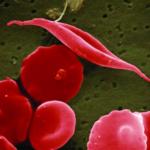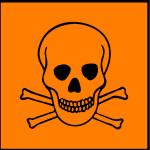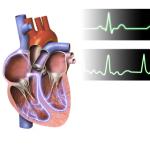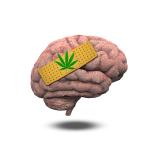Between increased competition for limited resources in research funding and medical conditions that have powerful and prominent champions, among other issues, it can be especially challenging for rarer conditions like Sickle Cell Disease to remain
stroke
In a rapid series of progressively escalating press releases by the Illinois Department of Public Health, it appears that a da
Atrial fibrillation is the most common irregular heartbeat, affecting 2.7 million Americans. Up to 15% of patients with atrial fibrillation can experience a debilitating stroke, so prevention is important.
As a society, we immediately understand a broken arm. A gaping wound. The wasted appearance of a body overrun by cancer.
If you just read the headlines, you'd immediately run to your pantry (or wherever you keep soft drink) and pour all your diet sodas down the sink.
One of the more controversial moves during the administration of former New York City Mayor Michael Bloomberg was the banning of synthetic trans-fatty acids (TFAs) from NYC eateries (in 2007) because of concern about deleterious influence
To be honest, spiders — fascinating as they may be to some — are not my favorite critters. That's likely because having suffered some pretty painful spider bites, I connect them with unfortunate consequences.
According to Reuter’s World News, “Panamanian former dictator, CIA spy and convicted cocaine trafficker Manuel Noriega was in a coma on Tuesday after suffering a hem
Once again, the echo chamber nature of press releases serves to promote misleading science and health clickbait. This time it is with headlines like “Tobacco, but not pot, boosts early stroke risk.”
The famous singer-songwriter Leonard Cohen, as per his manager Robert B.












